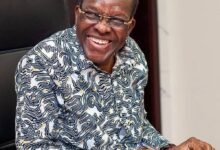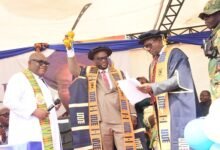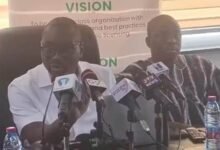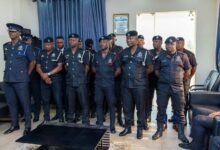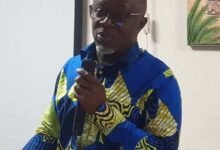
The Director at the National Peace Council (NPC), Mrs Gina D. Samey, has urged the media to be circumspect in their reportage ahead of the 2020 polls.
According to her, the media remains a critical pillar of Ghana’s democracy and as such must help sustain it by staying away from publishing stories that could ignite tensions before, during and after the polls.
Speaking at the maiden edition of Cine Plus TV’s public lecture series in Accra Thursday, Mrs Samey noted that the media must be reminded of how its conduct left some countries on the African continent in ruins.
The lecture, on the theme: ‘Conflict prevention and management in Ghana: The role of management’ brought together security experts, media practitioners, civil society organisations and students among other groups.
“You must be circumspect in your reportage and avoid sensationalism, be ethical and be responsive in what you put out,” she told the journalists among the participants.
“There is so much trust in the media that people take what it reports hook, line and sinker and act accordingly, hence must be aware of its influence on people, to media owners and managers, I task you to periodically organise refresher courses for your reporters in conflict reportage,” Mrs Samey cautioned.
A research fellow at the Kofi Annan International Peace-keeping Training Centre (KAIPTC), Dr Festus Aubyn, for his part said the country must not take the peace it was enjoying because not everyone in the country wanted peace.
“Beware of entrepreneurs of war,” he warned explaining that “they are people who benefit from war. It is during war situations that they get to seek their weapons and undertake their illegal activities”.
The General Manager of Cine Plus TV, Adu-Twum Kwame Sadiq, making reference to the 1994 Rwanda genocide believed to be instigated by media said Ghana’s media must enable stakeholders, not to only take active participation and determination of what was in the interest of the public but ensure that their participation was done responsibly and in furtherance of the public good.
Mr Adu-Twum said the freedom of expression and plurality of voices and dissenting views were expected to mobilise popular participation for good governance and that the media must not gloss over that.
BY JULIUS YAO PETETSI

